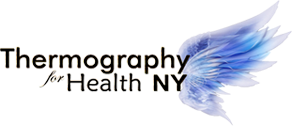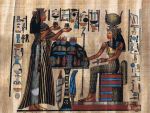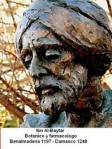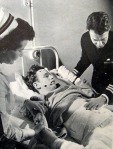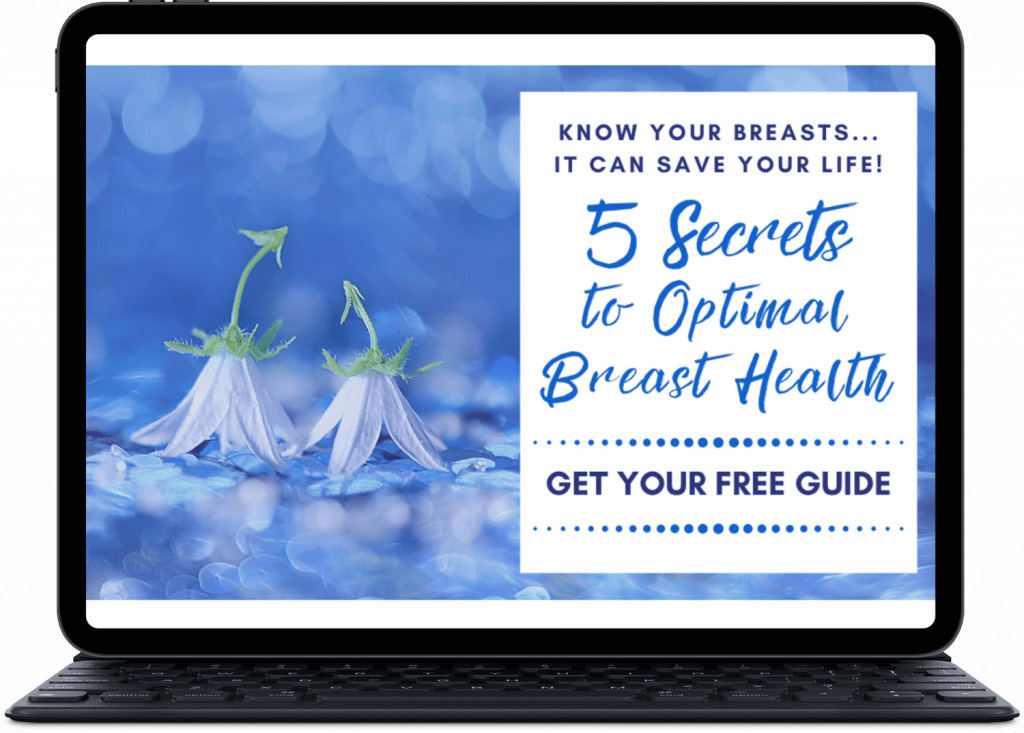Essential oils, in their pure form, have a long history of medicinal use dating back to ancient times.
The ancient Egyptians used essential oils for medicine, beauty treatments, food preparation, and religious ceremonies. They believed that smell was the most important of the senses, and their embalming ritual involved the use of essential oils. Hieroglyphics on the walls of their ancient temples explained how to prepare oil for use, and an ancient scroll discovered in 1817, called the Ebers Papyrus, describes hundreds of herbal medicine mixtures. It is likely they used essential oils on their hair and nails as well.
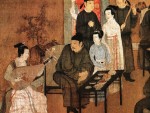
The ancient Chinese and ancient Indians used essential oils as medicines, though unfortunately there seems to be relatively little information available about the specific formulations.
 The ancient Greeks and Romans used essential oils for massage, aromatherapy, and personal cleanliness. Indeed, Hippocrates, one of the most renowned doctors of the time, used numerous essential oils for massage and aromatherapy.
The ancient Greeks and Romans used essential oils for massage, aromatherapy, and personal cleanliness. Indeed, Hippocrates, one of the most renowned doctors of the time, used numerous essential oils for massage and aromatherapy.
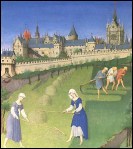 Europeans during the Middle Ages were forbidden to bathe by the Church, so they turned to essential oils to mitigate their stinky smell and improve air quality. They were fortunate in that many essential oils have anti-bacterial properties which helped to prevent sicknesses. Though monasteries during this time used essential oils to treat the sick, this practice was not widespread beyond the monasteries, as the Church persecuted as heretics those who dared to use essential oils in public as medicine.
Europeans during the Middle Ages were forbidden to bathe by the Church, so they turned to essential oils to mitigate their stinky smell and improve air quality. They were fortunate in that many essential oils have anti-bacterial properties which helped to prevent sicknesses. Though monasteries during this time used essential oils to treat the sick, this practice was not widespread beyond the monasteries, as the Church persecuted as heretics those who dared to use essential oils in public as medicine.
The Muslim scientist and pharmacist Ibn al-Baytar, who was born in 1197 and lived during the Islamic Golden Age, was the first individual to write down how to produce essential oils.
During World War I, a French doctor named Dr. Monciere used essential oils to treat wounds and created several medicines using essential oils.
During World War II, a French doctor, Dr. Jean Valet, turned to essential oils out of desperation. Based in China, he had run out of antibiotics and was unable to replenish his supply. With no other recourse, Dr. Valet tried using essential oils to treat soldiers’ wounds. The oils proved to be surprisingly effective at warding off infection.
In 1992, a new way of steam distilling plants to extract the maximum quality of essential oil was developed. This method is now employed by the most reputable companies selling essential oils.
In 2002, the botanical names of all the plants from which essential oils are derived were standardized by the International Organization for Standardization, paving the way for essential oils to be treated more seriously by the medical community.
